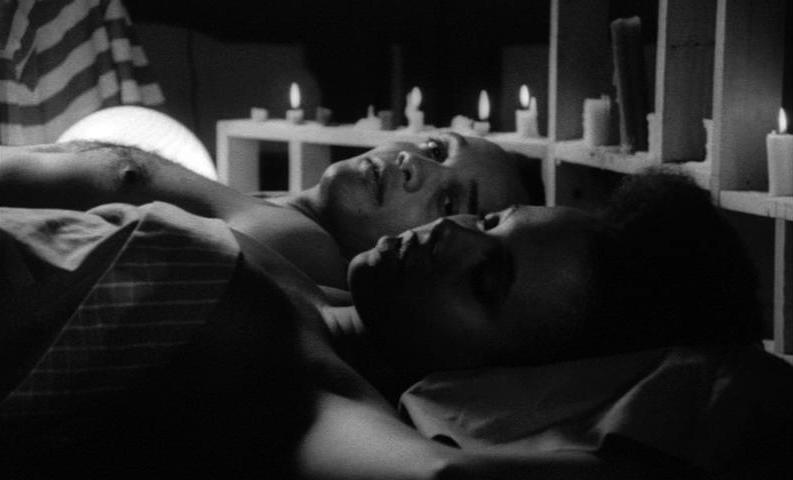

  | |
| Photo © 1986 Island Pictures/40 Acres and a Mule Filmworks | |
| VOR: | (4) (What is this?) |
| Other Awards: | |
| Cannes Film Festival: Prix de la jeunesse | |
| Independent Spirit Awards: Best First Feature | |
| Los Angeles Film Critics Association: New Generation Award | |
| Permalink | Home | 1986 | ABC | Blog |